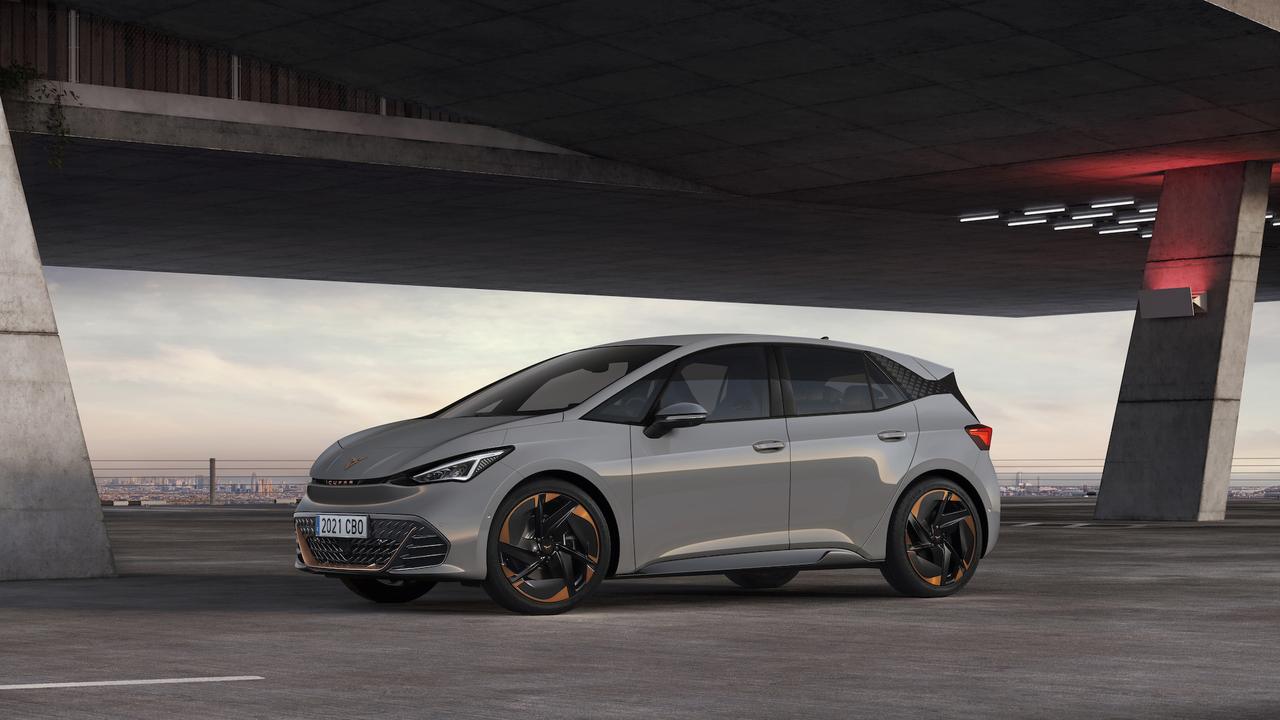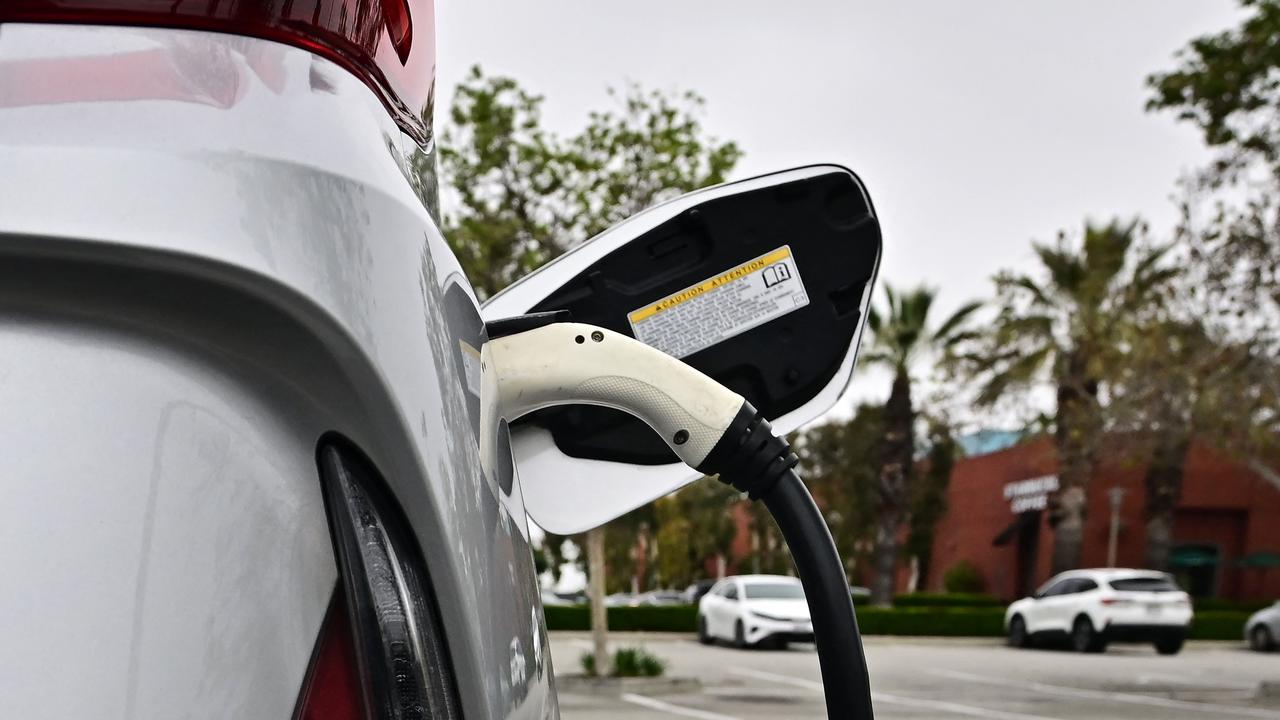How can we sustainably source metal for batteries?
What are the environmental costs behind sourcing the metals for the batteries that power our electric vehicles?

As companies and countries withdraw their support for seabed mining, the about-face is raising broader questions about how metals used in battery production are sourced and the scale of the associated environmental costs. The sourcing of nickel particularly has been in the spotlight.
Last week, A.P. Moller-Maersk became the latest company to drop its investment in The Metals Company, a prospective seabed miner based in Vancouver, British Columbia. Lockheed Martin and Norway’s Storebrand also have recently sold their interests in deep-sea mining companies. Others including German luxury carmaker BMW have said that, given environmental concerns, they won’t use battery metals sourced from the deep sea. More than a dozen countries are concerned about the environmental impact of the practice and are calling for a moratorium on seabed mining.
Exponential growth in the sale of electric vehicles and an expected further rise in the demand for them, however, are fuelling a global race to find and mine metals such as nickel and cobalt. Companies are looking to secure supplies in ways that minimise environmental and humanitarian concerns, but are finding it to be a challenge.
ELECTRIC VEHICLES SPECIAL REPORT
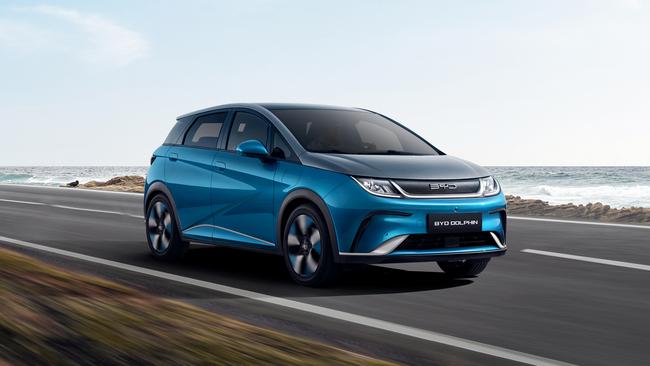
EVs get backing in Labor’s federal budget
The 2023 federal budget has been a landmark win for electric vehicle industry in Australia, but lobbyists say there is more to be done.

Cars get cheaper as key costs fall Cheaper cars as costs fall
The cost to buy an electric vehicle is beginning to come down, making EVs more accessible than ever, but what does this mean automotive brands?
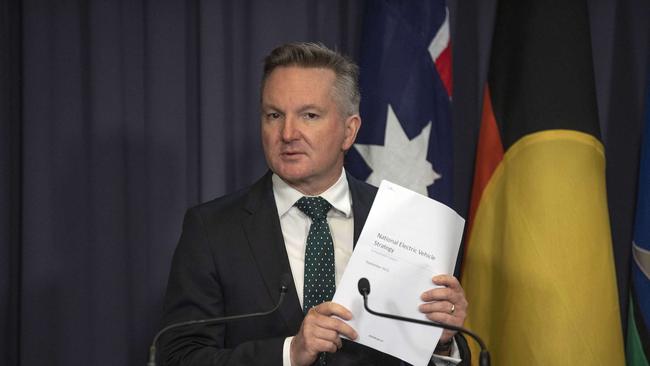
Infrastructure a big budget winner
The 2023 budget included a huge win for EV infrastructure, with a national fast-charging network and an investment in alternative fuels on the forefront.

EVs are getting bigger and better
Large SUVs are loved by families around Australia, and the electric SUV market is expected to explode in response.
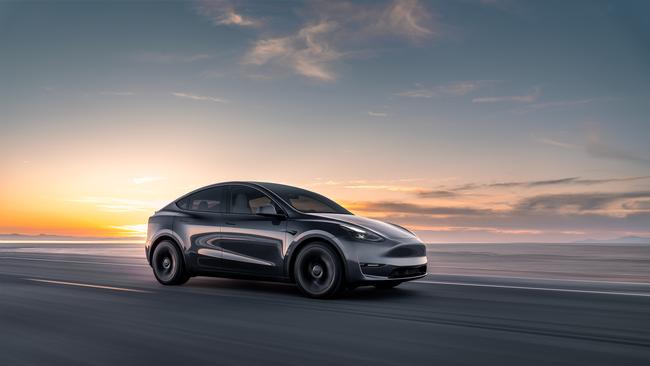
Luxury sits up high as sales boom
Electric vehicles are quickly becoming the favourite of the luxury buyer with 158 per cent boom in sales in the first quarter of the year.

Haters gonna hate but the market won’t stop moving
The electric vehicle market continues to boom, despite the naysayers.
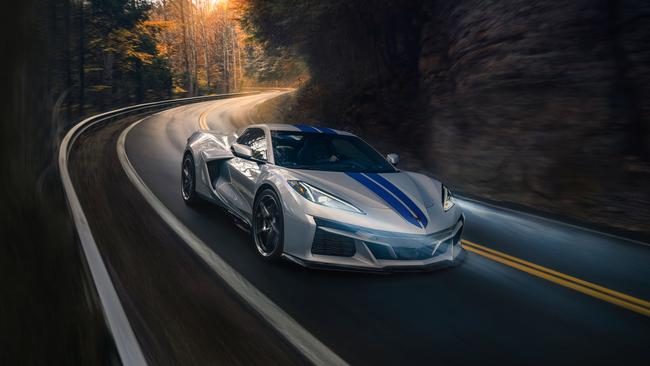
How EVs are changing sports cars
Electric motors are defining the world of sports cars, with acceleration speeds that rival the likes of Formula One.

Audi gets room to grow with new platform
Audi’s Premium Platform Electric (PPE) will support Audi to release 10 new EVs in two years as they move towards phasing out internal-combustion engines in 2027.

The ultimate buy guide for EVs
The world of EVs is expanding so quickly it can be hard to keep up, so here’s what to look for when buying an electric vehicle.
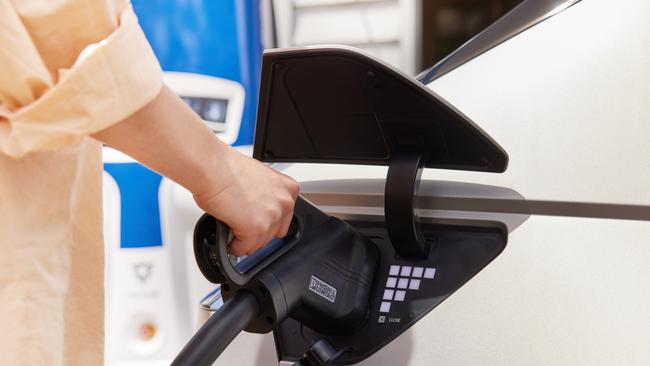
The eight must-know EV facts
EVs can make motoring simpler, but there is a learning curve that it pays to get on top of. Here are eight things you may not know about electric cars.

New laws to stop ‘ICE-blocking’
‘ICE-blocking’, parking a combustion-engined car in an electric-vehicle charging spot, will soon land you in hot water with states across Australia introducing huge fines.

Holiday hotspots due for a jolt
State governments are pouring hundreds of millions into EV infrastructure, it’s about time they look towards the holiday hotspots that are being inundated with EV owners.

Tesla downloads new revenue model in over-the-air upgrades
Tesla rolls out a new model that allows owners to buy upgrades directly from their vehicle’s centre dash screen in a bid to increase revenue.

Would this EV tempt to you buy a Saab again?
Saab is back. Well, as NEVS, and they’re returning with a stunning electric concept car, The Emily GT but they need investors to bring it to life.

Can battery metals be sourced sustainably?
What are the environmental costs behind sourcing the metals for the batteries that power our electric vehicles?

Oil use down as EVs rise
New research from the International Energy Agency has found that demand for oil is down as EVs become the driving force behind the new global energy economy.

Are EVs really cleaner? It depends where you live
Are electric vehicles really the answer to the rising CO2 rates? Or are they not as clean as we thought? Well it depends where you live.

‘Blade’ battery to cut range anxiety
Development of EV batteries is advancing everyday, with batteries capable of more than 1000km of driving on a single charge soon to be hitting the roads.

Does hard driving mean hard wearing?
If you love driving hard and fast, your next supercar should be an EV, as electric motors are designed to last the life of the vehicle.

For instance, Ford Motor and Volkswagen have both announced multibillion-dollar investments in Indonesia’s nickel supply chain, which is dominated by Chinese companies such as Contemporary Amperex Technology (CATL). Ford said the investment provides a low-cost source of nickel that they can directly control to ensure it is mined in line with their sustainability targets.
Indonesia is the world’s biggest source of nickel. About half the global total — an estimated 1.6 million metric tons — was mined there in 2022, according to the U.S. Geological Survey.
But the World Wildlife Fund, or WWF, has labelled nickel from the Southeast Asian country a concern because of the high levels of deforestation needed to extract the minerals. The nation has the highest forest loss in mining areas worldwide, according to an April report by the international conservation organisation.
Indonesian nickel exists largely in low concentration deposits underneath lush rainforests. To extract the nickel, the mined ore is crushed, converted to a slurry and then treated with acid under high pressure. The process of recovering the mineral in a commercially viable way often requires huge operations and causes significant environmental damage.
Proponents of deep-sea mining say the nascent practice is a less harmful way to extract nickel than how the mineral is currently sourced in Indonesia.

“At the moment the growth in nickel supply is coming from equatorial rainforests,” said Gerard Barron, chairman and chief executive of The Metals Company. “So for us the target mineral is nickel.” TMC aims to harvest nodules from sites in the middle of the Pacific Ocean using a specially designed machine to scrape rocks from the ocean floor that is attached to a ship at the water surface.
In March, battery consulting firm Benchmark Mineral Intelligence published a life-cycle assessment of the impact of deep-sea mining, and found that nickel production via nodule collection by TMC had an environmental impact that was 80% lower than existing sources, largely because the marine method didn’t use acid in production.
Despite that report, many companies and countries continue to be concerned about the environmental consequences of mining the seabed. A total of 14 countries, including France and Germany, are calling for a global ban on the practice. Campaigners against deep-sea mining, including the WWF, say the practice disrupts marine environments in part because the rocks, or so-called nodules, harvested from the seabed are starter ecosystems. The Environmental Justice Foundation, a climate-focused non-profit, said the Casper Octopus is one species which lays its eggs on the rocks. The wastewater produced during deep-sea mining can contain heavy metals that would harm marine food chains, according to the Deep Sea Mining Campaign, an association of nongovernmental organisations and citizens.
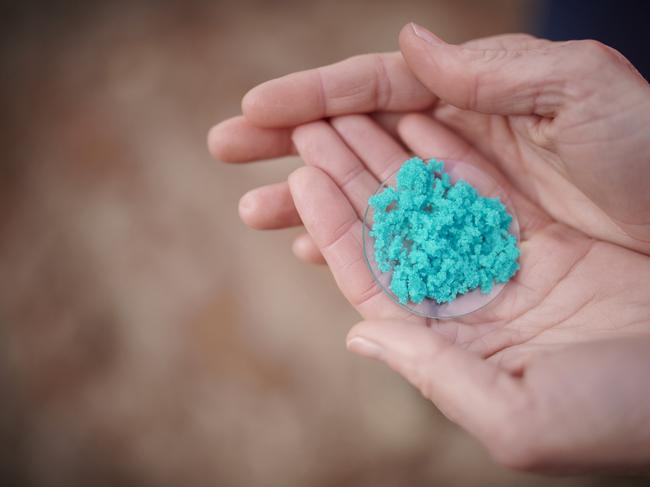
Other nickel sources do exist, but these also aren’t free of concern. Russia was the third-largest global source of nickel but western automakers have been trying to avoid buying from the country since it invaded Ukraine. New Caledonia, an overseas French territory some 750 miles northwest of Australia, is also a source of nickel but environmentalists say mining on the islands threatens some native species such as the New Caledonian crow.
Major miners, including Glencore, are investing in developing nickel recycling; however, different battery chemistries and high start-up costs are barriers. Given most electric-vehicle batteries aren’t expected to be recycled until after 10 years of use, primary supply remains the key concern.
Environmental groups such as Greenpeace also question the need for fresh mining as new battery chemistries are being developed to avoid using nickel, cobalt and manganese. For example, China’s biggest electric-vehicle maker BYD is opting for lithium iron phosphate batteries only.

“There’s lots of changing innovation in battery technologies from producers downstream because of environmental and human rights issues,” said Louisa Casson, global project leader for Greenpeace’s Stop Deep Sea Mining campaign.
A similar trend evolved with cobalt, another mineral that can be extracted from the ocean. Roughly 70% of the blue metal is supplied from the Congo, where organisations have called out human-rights violation and environmental destruction that have been committed in efforts to produce it. Such concerns led many battery makers and car manufacturers to adjust their battery chemistry to minimise or completely avoid using cobalt in their batteries. Deep-sea miners have also recently shifted their focus from cobalt to nickel amid waning demand.
-
THE WALL STREET JOURNAL
-

